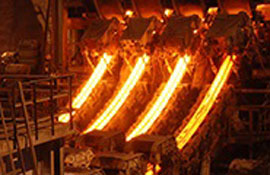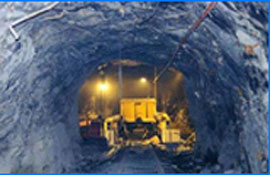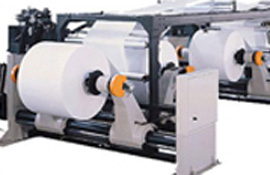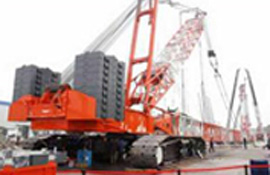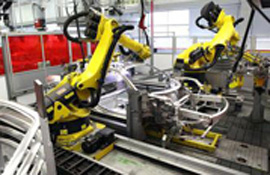Home / News / CNC Bearing Lubrication: Importance, Types, and Best Practices
CNC Bearing Lubrication: Importance, Types, and Best Practices
Introduction
CNC bearing lubrication is a critical aspect of maintaining the performance, precision, and longevity of CNC machines used in various industries. Proper lubrication reduces friction, dissipates heat, and protects bearings from wear and contamination, ensuring optimal operation and extended service life. This article will discuss the importance of CNC bearing lubrication, the different types of lubricants used, and best practices for ensuring effective lubrication in CNC machines.
Importance of CNC Bearing Lubrication
Reduced Friction
Lubrication minimizes the friction between bearing components, enabling smooth rotation and reducing the risk of premature wear and failure.
Heat Dissipation
Lubricants help dissipate heat generated during operation, preventing overheating and potential damage to the bearings and surrounding components.
Protection Against Wear and Contamination
Lubrication forms a protective film between bearing components, reducing direct contact and minimizing wear. It also helps prevent contaminants from entering the bearing, protecting it from damage and ensuring reliable operation.
Types of CNC Bearing Lubrication
Grease Lubrication
Grease is a widely used lubricant for CNC bearings due to its ease of application and long service life. It consists of a base oil, thickener, and additives, providing excellent protection against wear, corrosion, and contamination. Grease is suitable for a wide range of CNC applications, including low- to high-speed operations and harsh environments.
Oil Lubrication
Oil lubrication offers lower friction and better heat dissipation compared to grease, making it suitable for high-speed and high-temperature applications. Oil lubrication can be applied through various methods, such as oil bath, oil mist, or oil-air systems. It requires more frequent maintenance and may necessitate additional equipment, such as seals or oil circulation systems, to ensure effective operation.
Solid Lubricants
Solid lubricants, such as graphite or molybdenum disulfide, can be used in CNC bearings when conventional lubricants are not suitable due to extreme temperatures, heavy loads, or challenging operating environments. These lubricants offer excellent wear resistance and low friction but may require specialized bearing materials or coatings to ensure compatibility and effectiveness.
Best Practices for CNC Bearing Lubrication
Choose the Right Lubricant
Select the appropriate lubricant based on the bearing type, operating conditions, and manufacturer's recommendations. Consider factors such as speed, load, temperature, and environmental conditions when choosing a lubricant.
Follow Manufacturer's Guidelines
Always refer to the manufacturer's guidelines for recommended lubrication intervals, quantities, and procedures to ensure optimal bearing performance and longevity.
Maintain Cleanliness
Ensure that the bearing components, tools, and workspace are clean and free of contaminants during lubrication to prevent premature wear and failure.
Monitor Bearing Performance
Regularly monitor bearing performance, such as temperature, vibration, and noise, to identify any potential issues related to lubrication. Adjust the lubrication intervals or quantities as necessary to maintain optimal bearing performance and extend service life.
Regular Maintenance and Inspection
Perform regular maintenance and inspection of CNC bearings to identify and address any issues related to lubrication, wear, or contamination. This will help maintain optimal bearing performance and extend service life.
Conclusion
CNC bearing lubrication plays a vital role in the performance, precision, and longevity of CNC machines in various industries. By understanding the importance of CNC bearing lubrication, selecting the appropriate lubricant, and following best practices, you can ensure optimal bearing performance and extend the service life of your machinery. Always consult the manufacturer's guidelines and consider seeking professional assistance if you are unsure about any aspect of CNC bearing lubrication or maintenance.
- Previous: CNC Linear Bearings: Types, Selection, and Maintenance
- Next: CNC Bearing Preload: Purpose, Methods, and Adjustments



